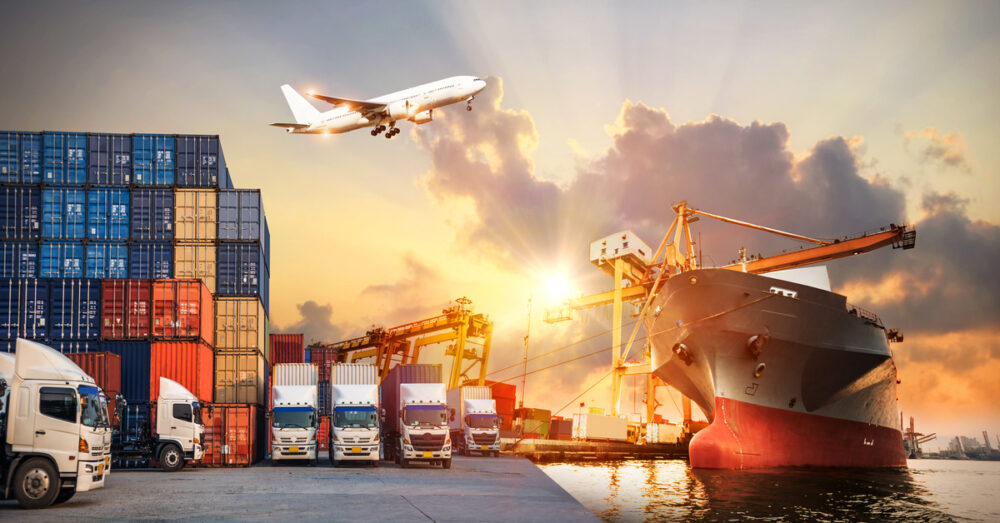The landscape of logistics has undergone a remarkable transformation in recent years, propelled by advancements in technology, changing consumer expectations and a global shift towards sustainability. Traditional logistics practices, once characterised by manual processes and linear supply chains, have evolved into a dynamic and interconnected web of efficient, data-driven systems. This metamorphosis has not only streamlined operations but also paved the way for a more agile, responsive and environmentally conscious supply chain.
The Rise of Technology
One of the primary drivers behind the transformation of traditional logistics has been the integration of cutting-edge technologies. Automation, artificial intelligence and the Internet of Things (IoT) have become the pillars of modern logistics, offering unprecedented levels of efficiency and visibility. Automated warehouses equipped with robotic systems are replacing manual labour, speeding up processes and minimising errors. AI algorithms are optimising route planning and predicting demand patterns, ensuring that goods reach their destinations faster and with reduced environmental impact. The integration of cutting-edge technologies, such as logistical software, has been instrumental in automating processes, optimising routes and providing real-time visibility across supply chains.
Real-time Tracking and Visibility
Traditional logistics often struggled with limited visibility into the movement of goods throughout the supply chain. However, with the advent of real-time tracking technologies, businesses can now monitor their shipments at every stage. GPS-enabled devices and RFID tags provide accurate location data, allowing for precise tracking of inventory and enabling quick responses to disruptions. This newfound visibility not only enhances operational efficiency but also builds trust among stakeholders and end consumers.
E-commerce and Last-mile Delivery
The surge in e-commerce has revolutionised the retail landscape, forcing logistics to adapt to the demands of a rapidly growing online market. Last-mile delivery, the final leg of the supply chain where goods are delivered to the end customer, has become a focal point for innovation. Companies are experimenting with drone deliveries, autonomous vehicles and decentralised distribution centres to ensure timely and cost-effective delivery. The evolution of last-mile logistics is not only reshaping the retail experience but is also driving logistics providers to find sustainable and eco-friendly solutions.
Supply Chain Collaboration and Integration
In the past, supply chains operated as independent entities with limited communication between different stakeholders. The modern approach emphasises collaboration and integration. Cloud-based platforms and digital ecosystems enable seamless communication between suppliers, manufacturers, distributors and retailers. This interconnected network improves overall efficiency by reducing delays, minimising excess inventory and optimising resource utilisation. As a result, businesses can respond more effectively to changes in demand and market conditions.
Sustainability and Green Logistics
The transformation of traditional logistics extends beyond efficiency gains to include a heightened focus on sustainability. As environmental concerns take centre stage, the logistics industry is embracing green practices. Electric and hybrid vehicles, renewable energy sources and eco-friendly packaging are becoming integral components of modern logistics strategies. Sustainable practices not only contribute to a reduced carbon footprint but also align with consumer preferences, driving the market towards environmentally conscious choices.
The transformation of traditional logistics practices is an ongoing journey marked by continuous innovation and adaptation. As technology continues to advance and consumer expectations evolve, the logistics industry will undoubtedly face new challenges and opportunities. Embracing these changes and staying at the forefront of technological advancements will be crucial for businesses to build resilient, agile and sustainable supply chains in the ever-changing global landscape. The metamorphosis of logistics is not just a response to market demands; it is a strategic imperative for those who seek to thrive in the modern era of commerce.

